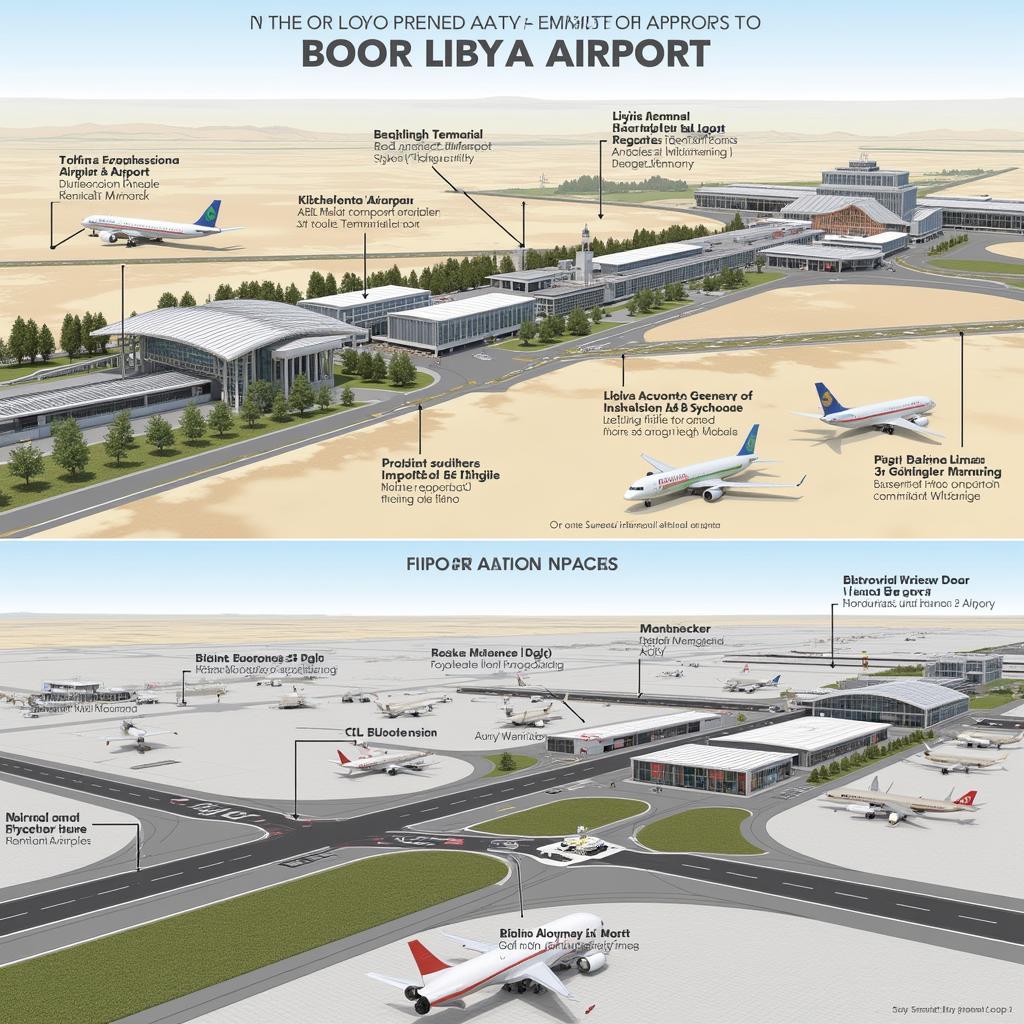The African Cow: More Than Just Livestock
The African Cow is an integral part of the continent’s cultural tapestry, economic backbone, and even spiritual beliefs. Far from being just livestock, these animals hold a place of honor in many African societies, representing wealth, prosperity, and a deep connection to the land.
A Symbol of Wealth and Status
Across various African cultures, the cow is often seen as a symbol of wealth and social standing. The more cattle a family or community possesses, the higher their perceived prosperity. This is especially true in pastoralist communities, where cattle represent the primary source of livelihood. Cattle are not merely seen as commodities but are often given names, and their well-being is closely intertwined with the well-being of the community.
The Economic Backbone
It’s impossible to discuss the African cow without highlighting its economic significance. From providing nutritious milk and meat to supplying raw materials like leather and dung for fuel, these animals are essential to both rural and, increasingly, urban economies. In many countries, cattle markets are vibrant hubs of trade, bringing together communities and contributing significantly to local economies.
Beyond the Material: Cows in Culture and Spirituality
The cultural significance of the African cow extends beyond its economic value. Cattle often feature prominently in traditional ceremonies, rituals, and folklore. They are often used as dowry payments, solidifying family ties and community bonds. In some cultures, cattle are even believed to have spiritual connections, acting as intermediaries between the physical and spiritual realms.
Breeds Adapted for Diverse Environments
Africa is home to a wide variety of indigenous cattle breeds, each uniquely adapted to the continent’s diverse environments. From the hardy N’Dama cattle, resistant to trypanosomiasis (sleeping sickness), to the majestic Ankole-Watusi with their enormous horns, these breeds showcase the remarkable biodiversity of African livestock.
Challenges and the Future of the African Cow
Despite their importance, African cattle face numerous challenges, including climate change, disease outbreaks, and land degradation. Sustainable livestock management practices, improved veterinary care, and efforts to combat climate change are crucial to ensuring the well-being of these animals and the communities that depend on them.
The African cow is much more than just an animal; it represents a rich tapestry of culture, tradition, and economic resilience. As Africa continues to develop, it’s crucial to recognize and support sustainable practices that ensure these animals continue to thrive, contributing to the continent’s well-being for generations to come.
